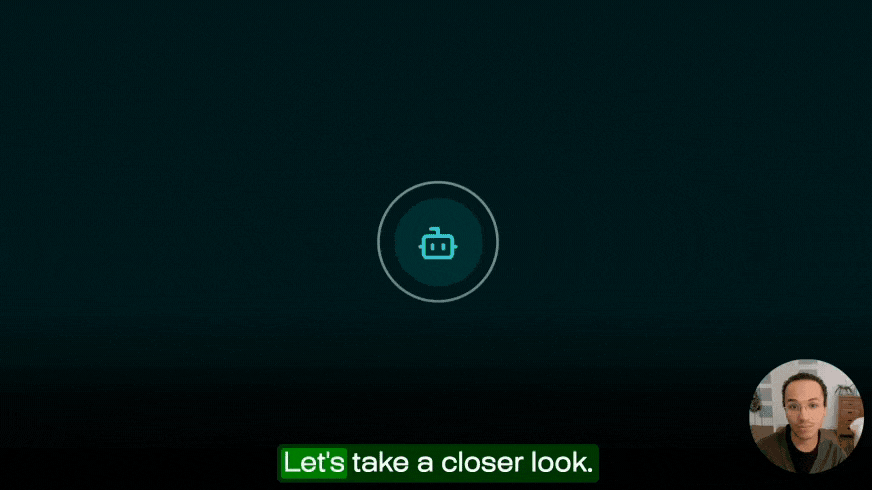What is LLM Distillation?
LLM distillation is a technique designed to replicate the performance of a large language model (LLM) while minimizing its size and computational demands. Think of it as an experienced professor (the teacher model) imparting knowledge to a student model. The student learns to simplify and efficiently apply this knowledge, maintaining core competencies while optimizing for faster and more versatile applications.
Initially, a dataset is generated with the teacher model providing outputs for diverse inputs. This dataset aims to capture the teacher's behavior patterns, serving as a learning source for the student model. The student is then fine-tuned with this data to mimic the teacher's responses. Techniques like temperature scaling can be used to ease the learning of nuanced patterns. This entire distillation process is pivotal for making advanced AI models more practical and accessible.
Benefits of LLM Distillation
- Reduced model size: LLM distillation creates smaller models that retain much of the teacher's capabilities. This leads to faster inference and reduced storage needs.
- Computational efficiency: Smaller models require less computational power, leading to cost savings and lower energy consumption, whether deployed in the cloud or on-premise.
- Broader accessibility: Distilled models are versatile, allowing deployment across various platforms, including mobile and edge computing devices, bringing AI power closer to the data source.
Applications of Distilled LLMs
- Natural Language Processing (NLP) tasks: Enhance tasks like sentiment analysis, text generation, and chatbots. They can operate on local devices, offering secure and efficient processing.
- Healthcare: Improve the efficiency of processing patient and diagnostic records, aiding doctors with real-time data analysis.
- Finance: Enhance fraud detection and customer interaction models by quickly analyzing transaction patterns and queries.
- Education: Support adaptive learning systems and personalized tutoring, analyzing performance to offer tailored content.
Challenges of LLM Distillation
- Knowledge loss: Some nuanced information may be lost in translation from teacher to student model, affecting deep understanding in specialized fields.
- Right dataset: Creating a representative dataset of teacher model outputs is time-consuming and requires careful effort to capture full capabilities.
- Technical complexity: Expertise is needed for fine-tuning the student model and ensuring biases aren't propagated.
Conclusion
LLM distillation is a transformative approach that balances model performance with operational efficiency. It transfers the capabilities of a complex teacher model to a leaner student model, reducing computational and storage demands. Despite challenges such as potential knowledge loss and technical complexities, the reduced size, enhanced accessibility, and cost-effectiveness of LLM distillation make it an appealing strategy. As organizations seek agile AI solutions, distillation techniques promise to play a pivotal role in shaping the future of intelligent systems, ensuring advanced capabilities are accessible across various real-world scenarios.


.svg)







